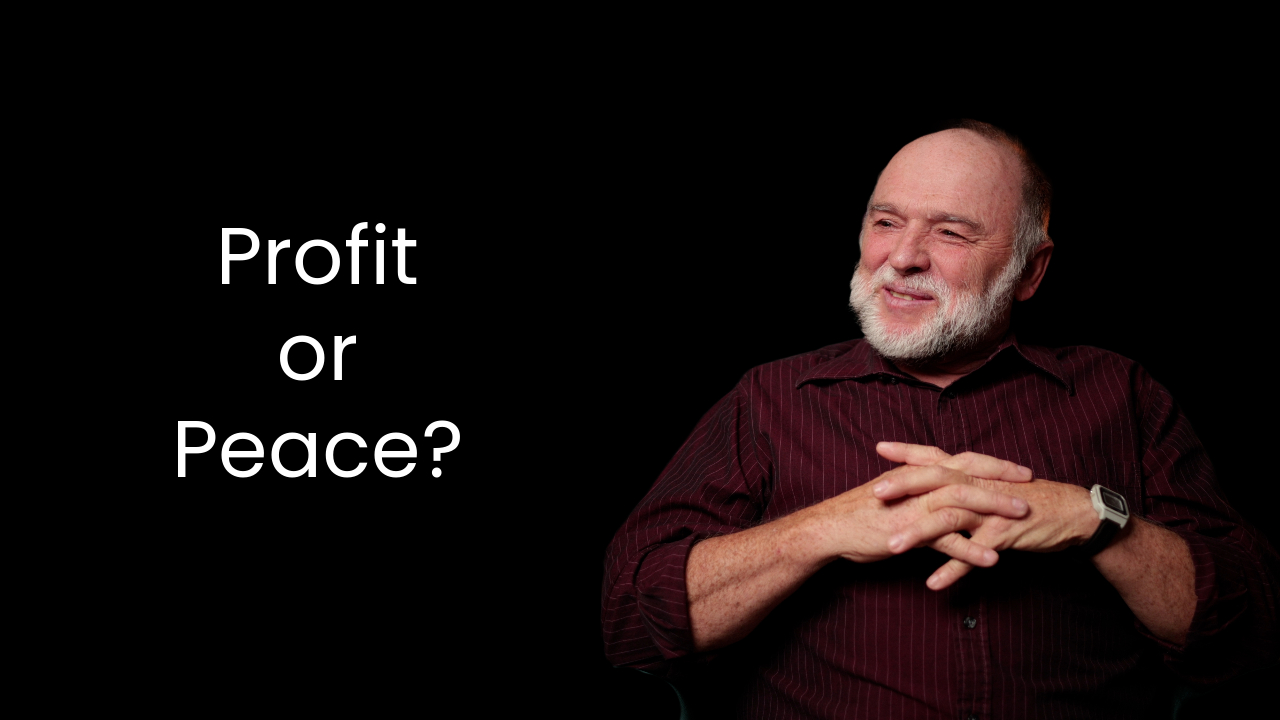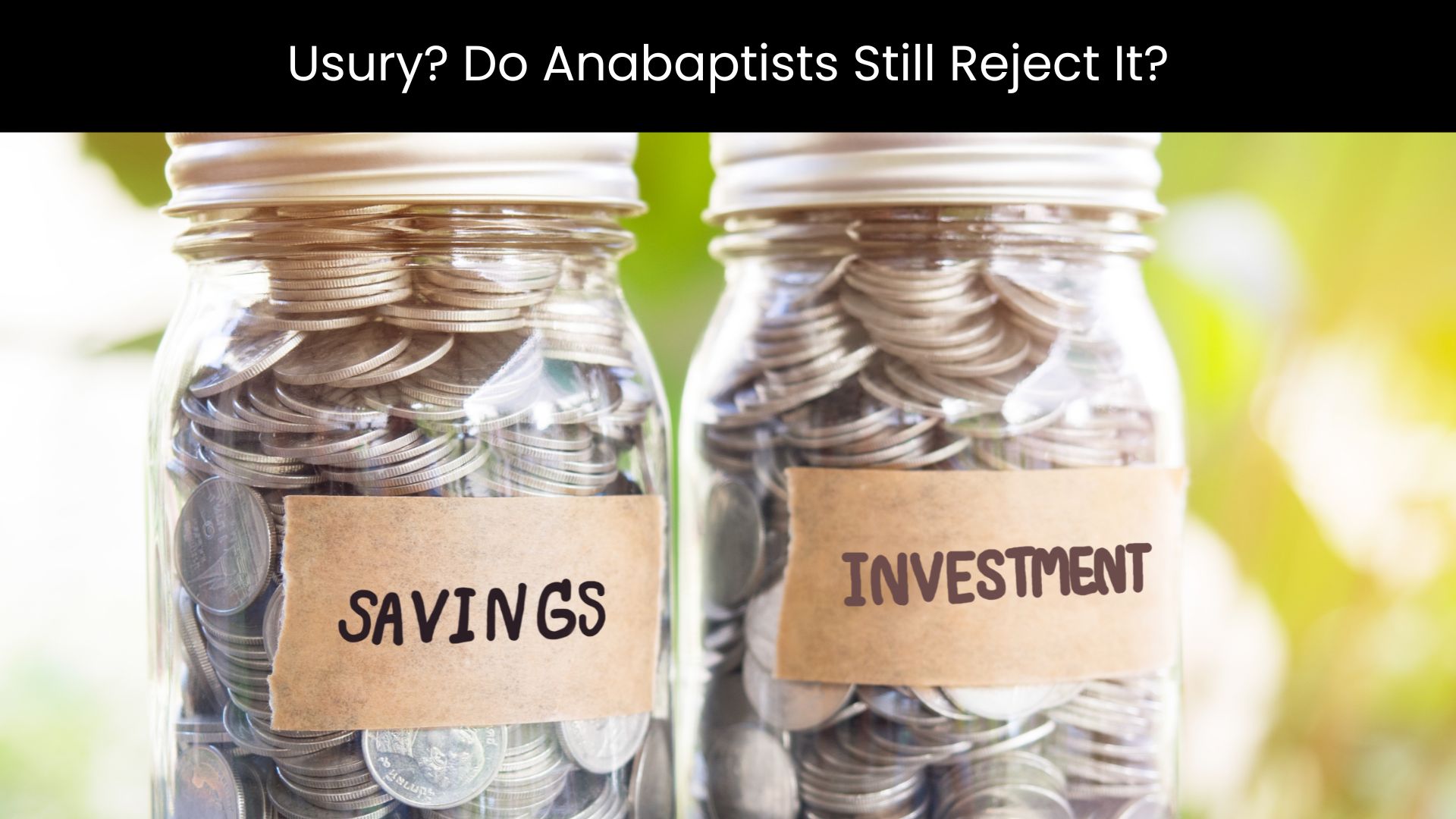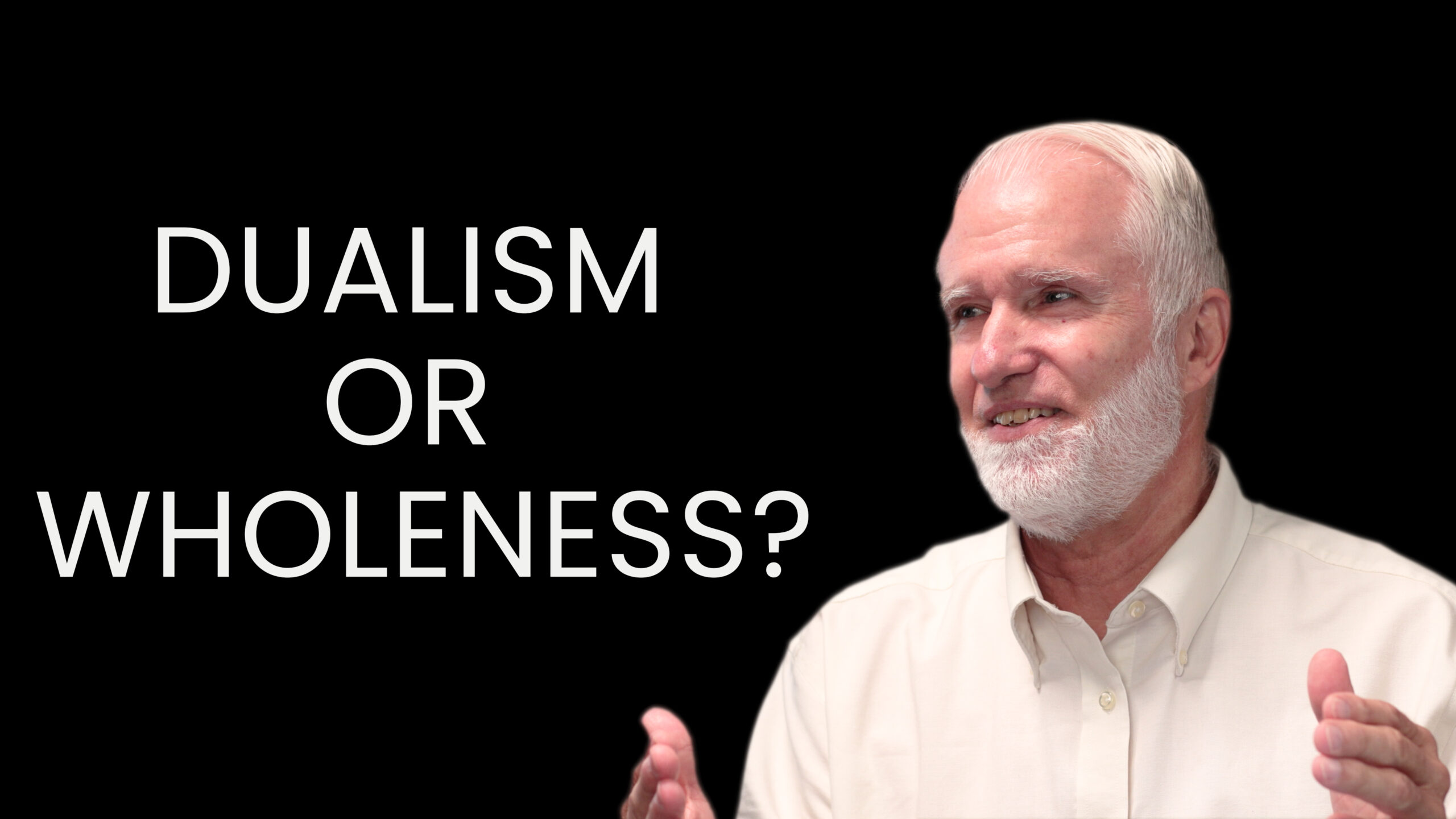You may have heard the stock market compared to gambling. On a more humorous note, I have heard farming compared to gambling, since crop yields and crop prices are unknown. On the one hand this reflects simple confusion about the difference between the risks involved in gambling and the risks involved in investing. But sometimes there is a more serious worry: what if some of the things we call investing are more like gambling than we want to admit? My goal in this essay is to clearly differentiate between gambling and investing, to call us to a positive moral ethos for investing, and to give some tools for how to think about borderline cases.
Contrary to common usage, the essence of gambling is not risk taking. Gambling is not the only activity involving risk. The essence of gambling is that it is a wealth-shuffling activity rather than a wealth-producing activity. The gambler hopes to shuffle some wealth to himself. A simple illustration of gambling is playing marbles for keeps. One boy may leave the game with more marbles than he brought, but that is not because he made more marbles. There are no more marbles at the end of the game than there were at the beginning. Sometimes it is said that someone can make money by gambling if they are good enough at playing poker or another betting game. To put it bluntly, that is not making money, but taking money.
Farming is the opposite of gambling and the paradigm of investing. Farming is literally making wealth. The result of farming is food that did not exist before. Farming does involve plenty of risks and probabilities. Will it rain? Will pests destroy the crop? Will prices be high enough to recoup the cost of raising the crop? A business analyst might use the same mathematical tools to evaluate gambling prospects and farming prospects. A skilled poker player might have just as high of a chance of gaining $30,000 from high-stakes poker matches as a farmer has from planting a certain crop. That does not mean that the activities are equal. One shuffles $30,000, the other generates $30,000.
The essence of investing is tying up work or resources in the present to enable future productivity. Soil needs to be prepared and plants tended long before there is a harvest. Some crops will return a yield in a few months. Other crops, like apples, will take years of investment before they return a yield. Usually this involves a heavy investment in equipment. Farming illustrates the way God made the world. We must be willing to tie up some energy and resources in the present for the sake of the future. We can mitigate, but not eliminate, the risks involved in this.
Investing benefits humanity, not just the investor. We all benefit from cheaper food made possible by agricultural equipment. The truck driver can earn his wage because someone invested in the truck and in the equipment to make the truck. God calls some of us to live our lives without owning many investments personally. That does not change the fact that life is made possible by investing.
Investments can be direct or indirect. If I build a shop so that I can use it to manufacture goods, I am making a direct investment. On the other hand, l could build a shop as an indirect investment. Rather than using the shop myself, l could rent the shop to someone else who will use it to produce goods. That rental income would be investment income because I put in time and resources upfront to enable future productivity. Buying an investment is also a form of investing. I could buy a shop that someone else is divesting themselves of and take over the investment. Then it would be my resources tied up instead of the resources of the original investor. Obviously, indirect investments are sometimes incredibly complex.
Why have I belabored these points about the difference between gambling and investing? Because I fear that sloppy terminology reflects sloppy thinking about financial dealings. I fear that we think about investing simply as a matter of calculated risk and calculated return. These are important calculations, but not everything with an attractive combination of risk and anticipated return is morally the same. The mathematical equations do not differentiate between shuffling wealth and generating wealth. Most Anabaptists, thankfully, reject theft or extortion as ways of obtaining money. But, do we have a strong positive moral sense for what investing is supposed to be? While we don’t need naïve “do-gooder” investors without business sense, we keenly need an anchor of purpose.
The purpose of investing is the same as the purpose of our daily labor, and we should think about investing much the way we should think about jobs. Not only do we avoid blatantly destructive jobs like making bombs or mixing meth, but we seek jobs that produce good and serve others. Making toilet paper, planting fields, driving garbage trucks, and keeping a company’s books clean all represent honorable labor that keeps life in good order. Sometimes, we have the opportunity to do innovative work that brings improvements to life. Other jobs raise questions. They are not blatantly immoral like making bombs or meth, but they produce things of questionable value. Perhaps they involve marketing soft drinks or credit cards or building gaudy mansions. While we shouldn’t necessarily refuse to do such jobs, we should cultivate an ethos of doing good. We prefer jobs that clearly produce good, even if that good is as mundane as toilet paper. But job options vary depending on life circumstances, and we are willing to work hard, even when we are ambiguous about the result of our labor.
In the same way, an ethos of purpose for investing doesn’t require us to put money into flashy social causes. It simply requires us to think about the concrete results of our investment in the lives of other people. Investing in established business models maintains good conditions for others. Some investors have the opportunity to proactively invest in new technology to bring improvements to life. Other times we have limited options available, and it may make more sense to put money in a mutual fund, where we have little say over what our money is invested in or how the businesses are run. Even here we need to recognize the moral aspect to our investing. By putting money into a mutual fund, we are choosing not to use it for consumption, but to use it for capitalizing business. While some businesses pursue unsavory goals, the money in that mutual fund still contributes to the production of toilet paper, crops, garbage trucks, and business software. A proper ethos of investing will encourage active and proactive investing for those in a position to do so, but it will also honor the investments of the person who works the production line at the toilet paper factory and stashes what he can in the company 401k.
It can be tempting to think that in a well-functioning market economy, we do not really need an ethos of investing. We may think a free market guarantees that most legal opportunities to gain money will qualify as indirect investments and that they pay good returns because they help generate wealth. This is an important point. Well-functioning markets are a great good, and many complex financial transactions do indeed have tangible benefits in the world of beans and rice and gaudy mansions. Market stability and liquidity may be abstract terms, but they produce real benefits for real people. We certainly should not label somebody else’s business dealing as mere wealth-shuffling simply because we do not understand the benefits of those particular transactions.
However, markets do not take away the need for a moral sense and for understanding the purpose of our activities. We need to care about how our labor and investments affect the real world of chocolate, wheat, and toilet paper—not just about how they affect our bank accounts. Perhaps failing to develop a strong enough moral ethos for investing is why we often struggle to engage with some historic Christian teachings. The Old Testament prohibition of interest was generally carried forward by the Christian church. Today, we tend to point out a few cases where interest loans are appropriate and move on. I fully agree that interest loans have good and beneficial roles to play in society. But we need to come to grips with the moral principles in the old prohibition of interest. Thinking about whether or not a particular loan counts as an investment is one good place to start, though it is not the only question to consider.
Speculation is an activity that is sometimes decried. The speculator is not primarily an aggregator or distributor or retailer but is in the market simply in hopes of taking advantage of fluctuations in the price of gold or oil or oranges or stocks or bitcoin or USD. Understandably, this is sometimes seen as a wealth-shuffling gambling activity rather than a wealth-generating investment activity. When we remember the real-world benefits of abstractions like liquidity, we will not be quite as quick to write off these transactions. However, it is fair to ask about the moral ethos. Is the speculator grounded in the moral purpose of investing or simply being opportunistic? Is there energy and money tied up in timing the market that should be used more directly for getting something done in the world? Is speculation, in particular cases, causing real world harm? The point of these questions is not to disparage passive investing or indirect investing. The point is to call us to a proper ethos and remind us that investing is not indiscriminate chasing of gain.
I close this essay with a reminder that investing is not everything. That goes without saying. It must not go without being emphasized. The proper thing to do with resources is not always to invest them. The Old Testament addresses this in an agrarian context, “If your neighbor becomes poor, you shall lend.” The prosperous neighbor of the poor was not at liberty to invest all his resources in some new scheme. He was to lend to the one in need. Further, he was not to turn this loan into an imitation investment by charging interest. The New Testament extends this principle by calling us in certain situations to divest ourselves to meet another’s needs.
__________________________________
Annotated List of Anabaptist Perspectives Resources Related to Investing
ESSAYS:
Entrepreneurs as Servant-Managers
Marlin Sommers discusses entrepreneurial investing and business development as stewardship of business abilities.
Business People among God’s “Servant-Managers”
Marlin Sommers is not talking about how to handle profits that may be gained through business, but about stewarding one’s role as a businessperson.
EPISODES:
What I Learned Advising Anabaptist Businesses
Verlon Miller describes various observations about Anabaptist businesses including their attitudes toward giving, serving employees, and their role in the larger community.
What does Scripture have to say about loaning money at interest? Do Old Testament prohibitions apply to us? How does collecting interest fit with working with our own hands and being productive? Stephen Russell addresses these questions and more.
Money in the Early Anabaptist Movement
Stephen Russell discusses how early Anabaptists dealt with questions of money.
It is good to work and to be invested in our work. Distributism fits well with traditional Anabaptist values, even though it has largely been articulated by Catholic thinkers. Stephen Russell urges us to “look at distributism and see how it fits with what we have traditionally tried to do and learn from it”. These themes include valuing craftsmanship, family businesses, and widespread ownership of the tools and infrastructure needed for business.







